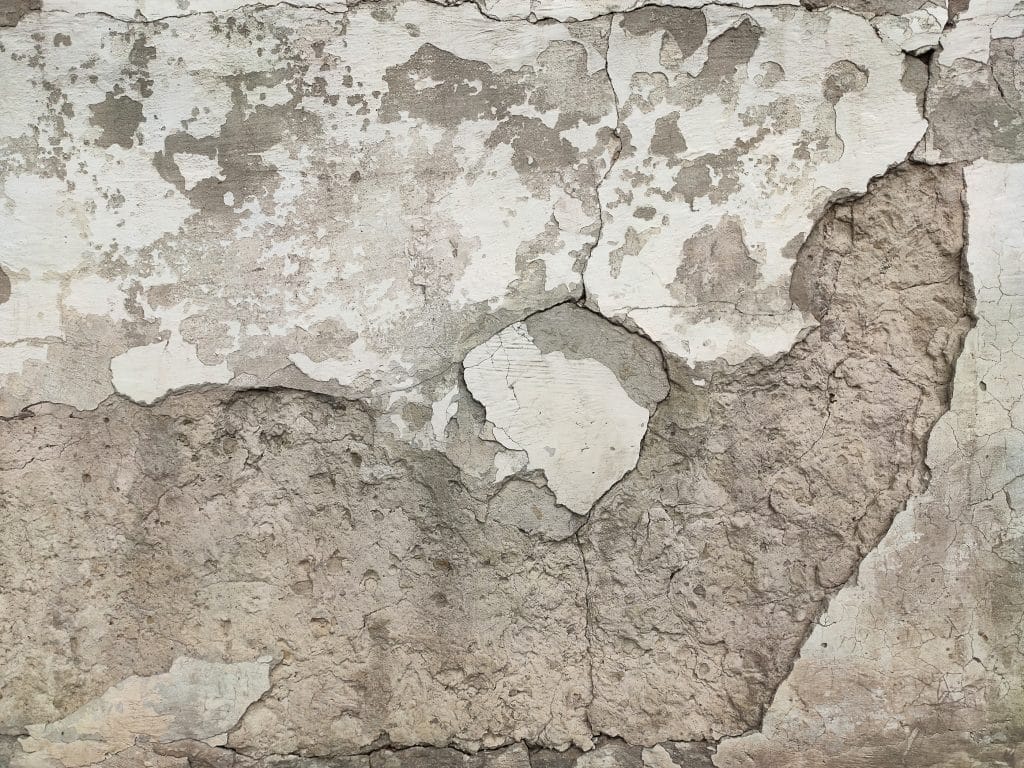
It’s happened. Someone left something to rust on your marble counter, and now you’ve got dirty orange stains everywhere. What can you do? If you know anything about marble, you know that it’s porous. Stains can sink right in. But that doesn’t mean that it can’t be recovered. Here’s what you can do to remove rust stains from your marble countertops.
Removing the Stain With Abrasion
Your first attempt to remove a stain should use something like a “magic eraser” — a foam sponge. These sponges work by actually being lightly abrasive. If the rust is only at the surface of the marble, it will get wicked away by these hardcore sponges. Once you get the stain up, you should seal the marble quickly to prevent problems in the future. This shouldn’t dull your marble because you’re essentially polishing it. When you polish marble (or anything for that matter), you’re just using abrasives that have smaller and smaller grits.
If you have a very light rust stain, you may be pleasantly surprised to find out that it lifts up nearly immediately. It’s possible it hasn’t penetrated the surface and just looks like it has. Otherwise, you may need to use some elbow grease.
Apply a Poultice of Baking Soda and Water
Baking soda has a light bleaching effect and mixing it with water causes it to fizz. Baking soda and water are known as a staining cure-all because the baking soda will lift and remove most stains. Mix water into the baking soda until it is textured like sandy toothpaste. Apply it directly to the stain and then wait.
Do not scrub it. Baking soda is more abrasive than a magic eraser. If you try to scrub it, you will dull the finish of your marble. Instead, you just want to gently layer it on and then remove it with a wet rag. You may need to repeat this several times to get rid of the stain.
Each time, the stain should appear a little lighter. The stain is essentially getting pulled out. But you may find that the stain still persists after the baking soda poultice has been used. This indicates that it’s actually penetrated beyond the very surface of the marble and is trapped inside of it.
Purchase a Marble Cleaner
If your stain is stubborn, you can consider using a marble cleaner as well. These are cleaners specifically made for materials that are porous. Ideally, they should reach in and be able to neutralize the stain. However, if the previous suggestions haven’t worked, it’s likely this won’t either; it’s simply a good step to take before you start going all out in your marble restoration process.
Because marble is porous, that works both ways. If a stain has penetrated it, a cleaner can too. As with the poultice, you may need to apply and reapply multiple times. But the cleaner may not be able to remove all the stain, which could mean that you’re going to end up needing to call in the big guns.
Refinishing the Stone
If the stain has set in deeply, you may need to refinish the stone. That involves grinding it down a little then repolishing it. That’s expensive, but it will make your marble look like new. The amount of material removed should be very minimal. Of course, you can only refinish your stone so often before it starts to get thinner and could run the risk of cracking. Refinishing is a significant process because the marble has to be sanded and polished. Because of that, it’s usually a last resort.
How to Prevent Future Rust Stains
If you want to avoid any stains in your marble in the future, you should keep it sealed. Every time you clean your counter, use a cleaner that’s specifically made for marble. After cleaning, apply a marble sealer. The sealer floats on the surface of the marble, both making it nice and shiny and making sure that anything poured on the counter stays on the top rather than penetrating the stone. Properly sealed marble won’t stain, even if something like a rusty knife is placed on it.
If you have a bad rust stain in your marble, you should contact a professional. Any further attempts you make to remove it could very well make it worse. And if the stain is really bad, you might need to replace the marble entirely. For more information about taking care of (and sourcing) natural stone countertops, contact the experts at Wholesale Granite Direct.

